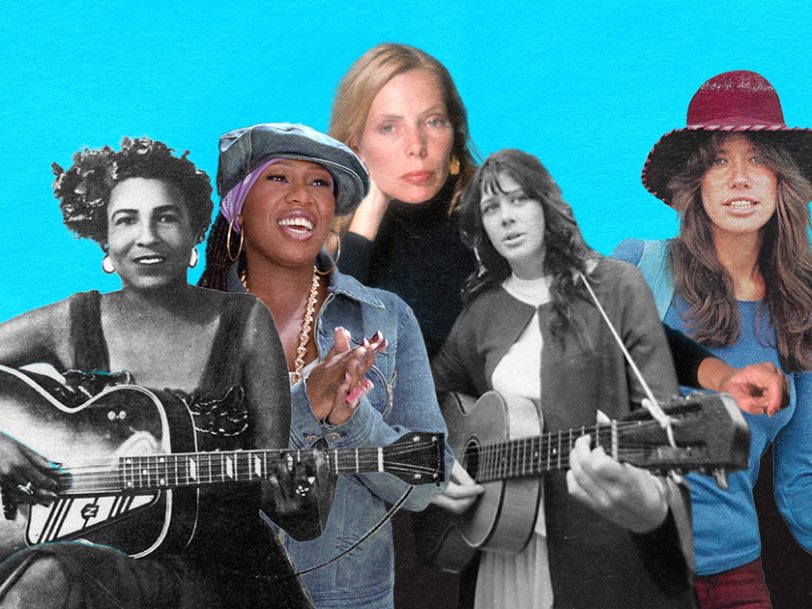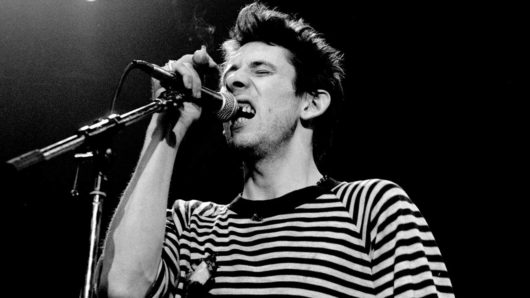“I love words,” Kate Bush once said. “I think they’re fascinating and incredibly wonderful things and part of the joy of my work is that I not only get to work with music but also with words.” The best female songwriters seem to share this enthrallment: the cadence of words, the significance that bubbles just under their surface, the way they can be whispered or screamed. Words matter.
But songs are not stories (or, at least, not only stories). These words breathe to music’s heartbeat, whether that’s to a pithy, economical pop song or a lengthy mediation. Many of the best female songwriters work in collaboration with others; Valerie Simpson, for example, created music while husband Nickolas Ashford wrote lyrics. “You had to find something that would match that thought,” she said in 2020. When Ashford died, in 2011, Simpson was forced to rethink her process. “With the passing of Nick, it was a challenge to see if I had a singular identity that would stand,” she said, “if I could write a whole song, not half a song.” She found out that she could. She said, “It tickles me that I didn’t endeavour to do it before.”
Writing approaches vary considerably. “My only rule for writing is, it has to be fast,” Charli XCX has said. “I don’t like to spend a lot of time on anything. I think the faster a song is written, the better it will be. All the best songs are written in half an hour. You can’t dwell on things.” Other songwriters can find ideas laying dormant for decades. Thirty-five years passed between the release of Vashti Bunyan’s first and second albums. “There was a lot to come up with,” she said in 2010, of her inspirations later in life. “There were all of those years, and the children, and the life, the life that I had had in between.”
k.d. lang memorably described the relationship between writer and song as an “umbilical cord”. Whether the best female songwriters write for themselves or others, in all cases their lifeblood is in these tracks, reflecting on every aspect of our labyrinthine lives.
Best Female Songwriters: 30 Great Artists You Need To Know
30: Björk (1965- present)
“I think probably what I talk least about is what I’m most protective about, and that’s the way I look at my work,” Björk said in 2017. “Eighty per cent of it is my songwriting and my melodies and my lyrics and my arrangements and my production that I do on my own.” An artist who mixes the gravity of Earth’s pull with the flamboyance of performance art, Björk’s particular genius is in her ability to conjure up vibrant, psychologically jolting imagery. Even on her very earliest recorded work – a self-titled Icelandic release created when she was 11 years old – she wrote an instrumental tribute to the painter Jóhannes Kjarval. “I started writing melodies as a kid, walking to school and back, and it just always was like my way of coping or dealing with the world,” she has said.
Must hear: Jóga




